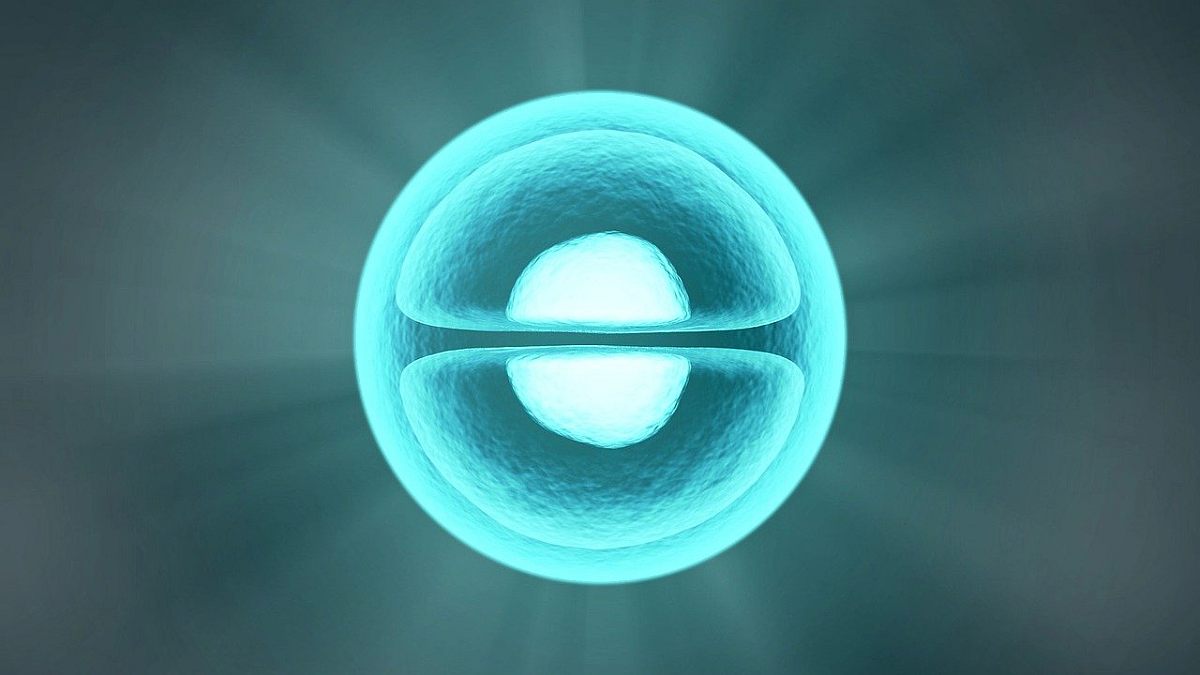Have you noticed that you’re more frequently experiencing the pain and annoyance of migraines? One thing that makes migraine so frustrating is that sometimes the cause is elusive, so you can never tell when you might get one, and you probably have trouble getting it to go away completely. Many people who chart their migraines know what can bring one on and so avoid that particular stressor. Other people have no idea why they’re tormented by this ailment, and often it might be because there are several contributing factors. Here are some common causes for migraine headaches that might help you determine what is causing yours:
Hormonal Changes
Many women who suffer from migraines notice that they come around the time of their menstrual period. Many young girls notice that they get migraines when they first begin to menstruate. Other women get migraines after they start taking birth control pills. The effect of pregnancy on migraines is uncertain. Some women get their first migraines when they become pregnant while others find that their migraines ease. Some women don’t experience their first migraine until after menopause.
Foods
Sometimes foods that are harmless for anybody else can set off migraines in sensitive people. Some medical experts believe that in these people, tyramine and other otherwise harmless chemicals in these foods cause the arteries in the head to constrict. According to professionals who help patients with headache relief in Roseville CA, The constriction of arteries is one of the first stages of the migraine. The pain begins when the arteries dilate. With some people, the food triggers the migraine right away. With others, there’s a delay between the ingestion of the food and the onset of the pain. Some of these “trigger foods” are perfectly healthy and good for you, but they could be causing your chronic pain. Simple foods like beans, chili peppers, and avocados can trigger migraines because of their high levels of tyramine. In order to identify a food that is triggering migraines, you’ll have to pay close attention to your eating habits and see if you can identify a pattern that will tell you what kinds of foods are causing the migraines.
Other Stressors
Migraines can also be set off by perfectly normal emotions, so it may be hard to detect the types of stressors that are bringing the migraines on. People can also set off a migraine if they become overly tired or are exposed to cold. Some people have also been known to be felled by a migraine because of flickering lights. You may have to take a closer look at your environment to detect the types of stressors that might be the cause for your chronic migraines. To determine what these factors may be, look for patterns in your life. Perhaps you get a migraine every time you forget to wear your glasses, or maybe after you’ve been staring at the computer screen for too long. It could be helpful to write down what types of activities you are participating in every time you get a headache, and then perhaps you can connect the dots and find a common factor that is contributing to the migraines.
Remedies
Sometimes, drugs are effective in easing migraine headaches but only if they’re taken at the first sign of the headache. An aspirin or a pain reliever like acetaminophen usually helps. Aspirin raises the pain threshold and keeps blood platelets from clumping together. Some people also find relief by sipping a cup of coffee before the pain becomes severe. Some doctors prescribe ergotamine tartrate, which is a vasoconstrictor that controls the dilation of the arteries in the head. Again, ergotamine tartrate needs to be taken in the early stages of the process or it might not help.
Lifestyle changes can also be beneficial. Though a small amount of caffeine can stave off the worst of migraine in some people, too much caffeine can bring it on in others. Caffeine is a vasoconstrictor, but too much can cause a rebound effect. Also, too much caffeine can remove magnesium from the body. Some researchers believe that low magnesium levels constrict blood vessels and cause the production of prostaglandins, which can contribute to pain. But migraine sufferers should consult with their doctor before they take magnesium supplements.
If you have constant migraines that interfere with your day to day activities, or that are affecting your quality of life, you should seek the help of a medical professional. There are tests that can be done in order to determine the cause of the chronic migraines, however, your doctor might need your help in identifying any lifestyle factors like your diet, home environment, or work situation that might be contributing to the migraines. The good news is that once you figure out what types of factors are causing your migraines, you can make adjustments in your life in order to avoid getting these migraines in the future.



Leave a Reply